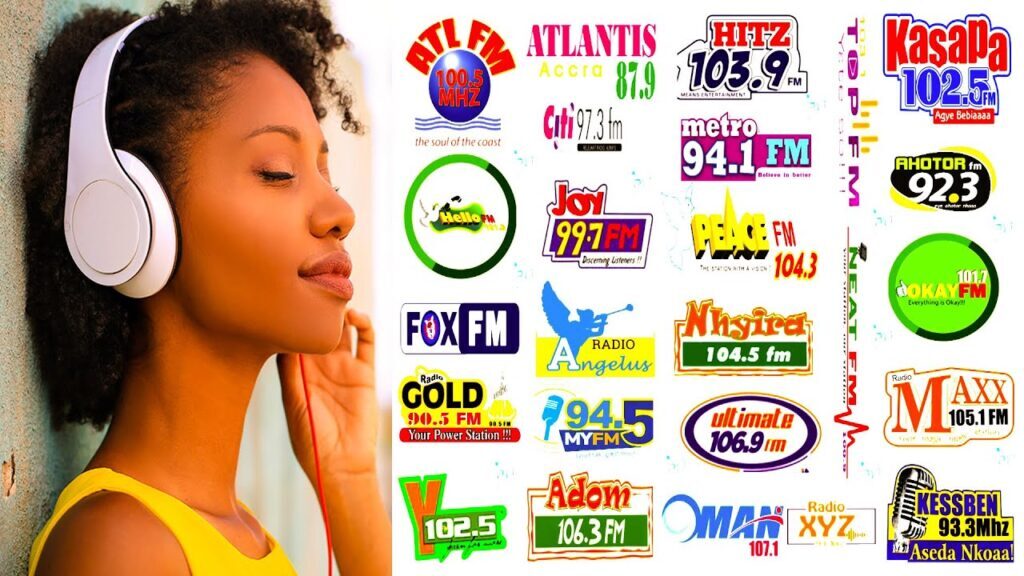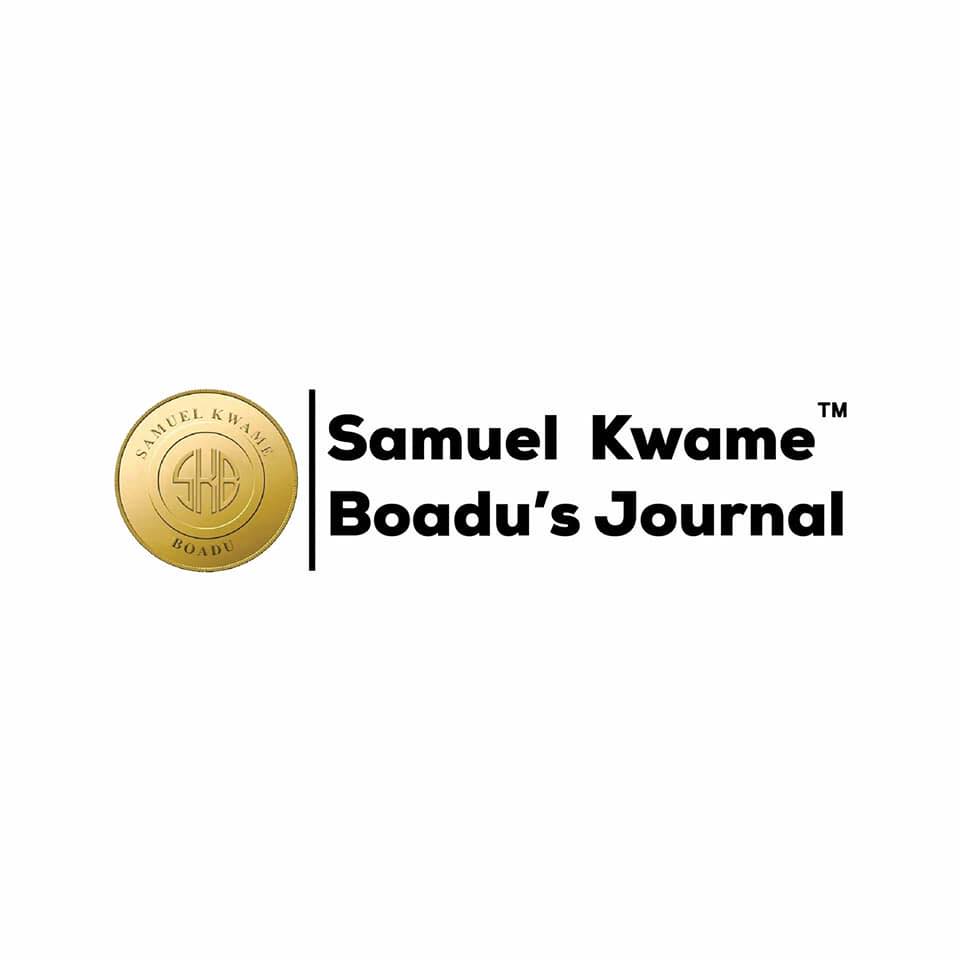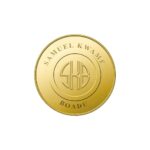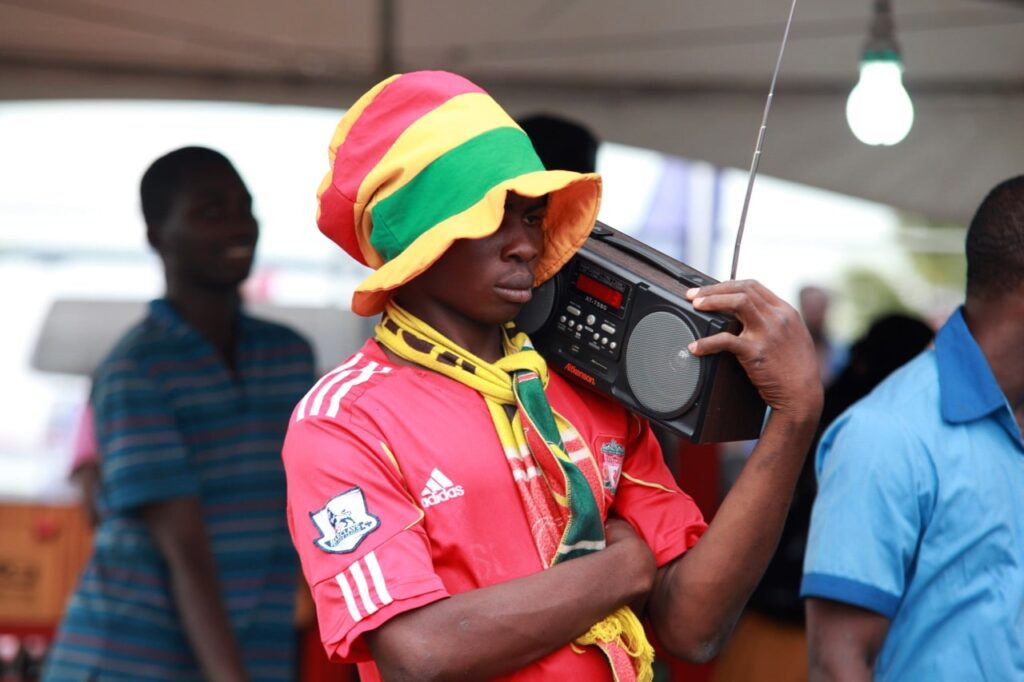Here is History of Radio in Ghana. Radio made its debut in the Gold Coast back in 1935 when the colonial governor established ZOY, a small, wired relay station transmitting BBC programs to about three hundred colonial residents and privileged native elites. This broadcast service was later extended to Kumasi, Sekondi, Koforidua, and Cape Coast. Beyond offering information and entertainment, British radio served as a means to counter the nationalist press’s anti-colonial campaigns. Following independence in 1957, the Gold Coast Broadcasting System was formed, eventually transforming into the Ghana Broadcast Corporation (GBC).
GBC initiated two domestic radio services, Radio 1 and Radio 2, broadcasting from Accra. Radio 1 primarily featured local-language programs, spanning Akan, Ga, Ewe, Nzema, Dagbani, Hausa, and English. Meanwhile, Radio 2 broadcasted exclusively in English. Both stations operated for 15 and one-fifth hours on weekdays and 17 and a half hours on weekends. However, the wireless Radio 3 was discontinued due to resource constraints.
.

.
In 1986, GBC expanded its broadcasting spectrum to VHF-FM in the Accra-Tema metropolitan area, supported by the German government. This expansion continued as GBC introduced new FM stations across Ghana’s regions and districts throughout the late 1980s and early 1990s. Stations like Radio GAR in Accra, Garden City Radio in Kumasi, Twin City FM in Sekondi-Takoradi, and Volta Star Radio in Ho emerged. Ghana boasted around 2.5 million wireless sets and over 64,000 wired loudspeaker boxes during this period.
In 1961, Ghana launched Radio Ghana’s External Service, broadcasting information, propaganda, and messages of solidarity to liberation movements across Africa. The service transmitted programs in Arabic, English, French, Hausa, Portuguese, and Swahili. Presently, the system relies on four 100-kilowatt transmitters in Tema, along with two 250-kilowatt transmitters in Ejura, Ashanti Region, reaching beyond Africa to North America, Europe, Japan, and Australia. The External Service experienced a hiatus after the 1981 coup due to technical and financial issues, resuming in 1987.
Despite expectations following the 1992 Constitution for airwave liberalization, the Rawlings government retained radio monopoly with the state-owned GBC, refraining from granting licenses or allocating frequencies to private radio stations until the mid-nineties. In 1994, opposition figure Charles Wereko-Brobby protested this policy through pirate broadcasts on Radio Eye, leading to government pressure, equipment confiscation, and criminal prosecution attempts. However, this action catalyzed the eventual allowance of private FM stations.
The government began issuing licenses and frequencies in 1995 via the Frequency Registration and Control Board, starting with Radio Univers, a college station from the University of Ghana at Legon. This move paved the way for other media outlets. Subsequently, the first private radio station to exclusively broadcast in a Ghanaian language, Twi, emerged. Radio licenses are granted for seven years upon payment of an initial fee of $5,500, accompanied by an annual broadcast fee. This fee supports the Copyright Society of Ghana, remunerating artists and musicians.
.

.
.
READ ALSO:
Ghana: Great things to do and see in The Bono Region Of Ghana
.
SKB Journal appreciate you a lot for reading! If you enjoyed this piece by Samuel Kwame Boadu, kindly hit the share button and help others to also see it. You can also like our Facebook page, so you know when we make new posts or Click to JOIN our Telegram Channel where we post JOBS + TIPS




